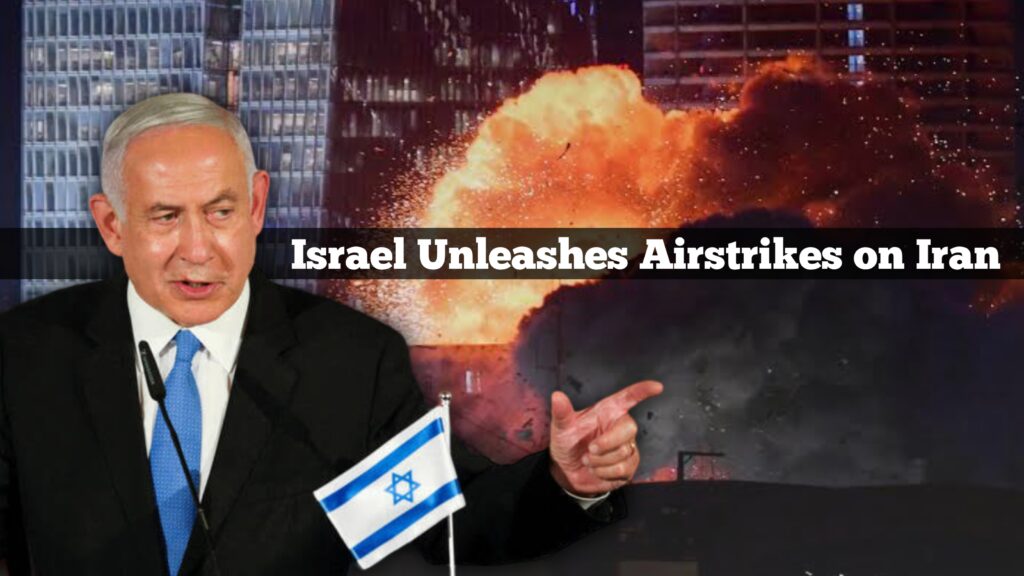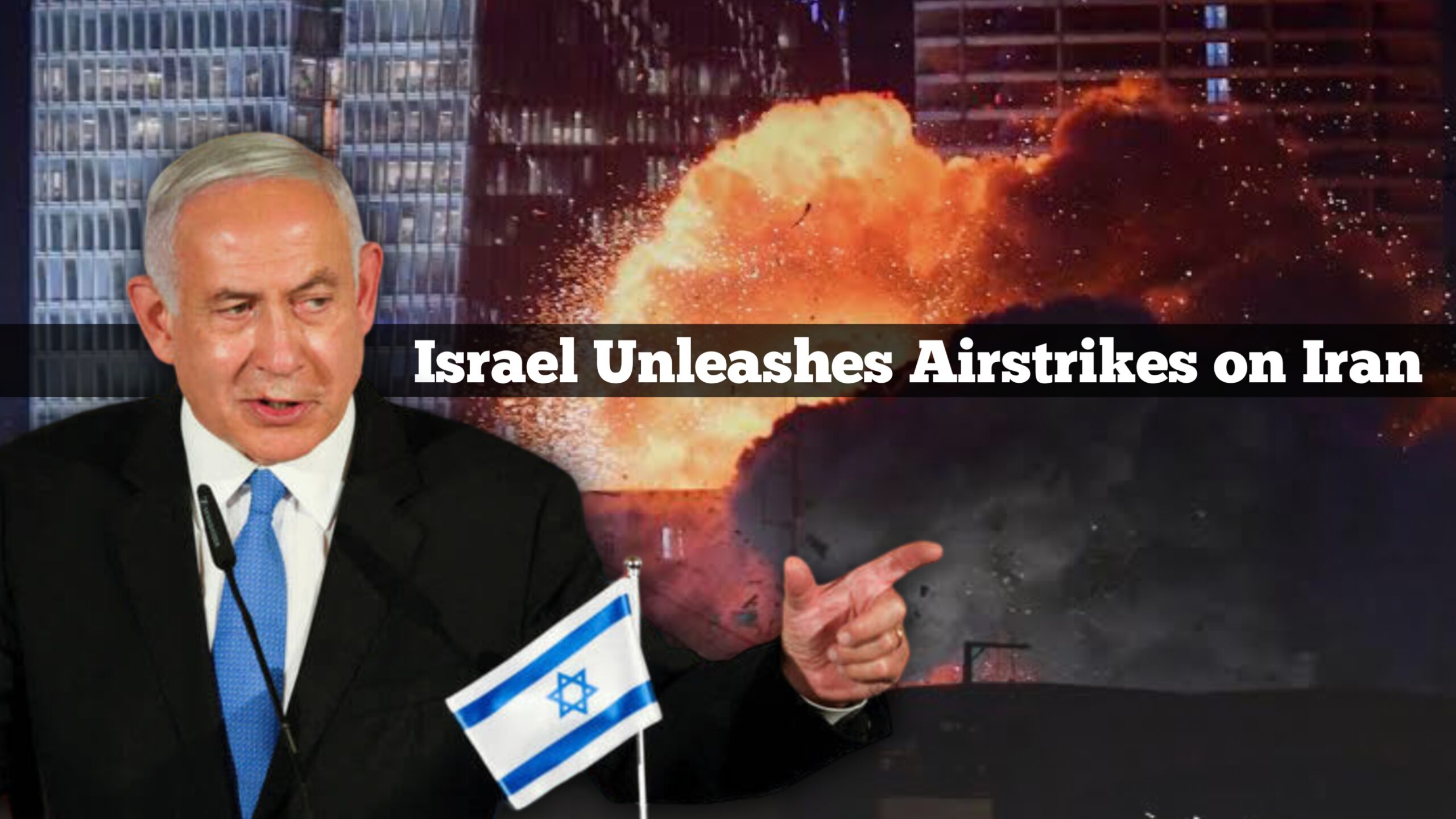Just moments after a ceasefire was publicly declared by U.S. President Donald Trump, Israel unleashes airstrikes on Iran, catching the international community off guard. The strikes reportedly targeted military infrastructure in western and central Iran, raising fears that the short-lived truce may have already collapsed. While global leaders had praised the ceasefire initiative, this sudden offensive signals deep-rooted mistrust and ongoing military calculation between the two rivals.
Table of Contents
Missiles Rain Down as Israel Unleashes Airstrikes on Iran
The operation unfolded swiftly. Within minutes of Trump’s announcement, Israeli fighter jets were seen crossing into contested airspace. According to defense officials, the strikes aimed at disabling radar systems and potential missile storage units. Israel unleashes airstrikes on Iran, citing “imminent threats” that were allegedly identified during the truce negotiation window. Iranian officials condemned the move, accusing Israel of betraying the peace process and escalating regional instability.

Eyewitnesses in Iranian provinces near the Iraqi border described multiple blasts and sirens, with civil defense units responding to scattered fires. While no official casualty figures have been released, Iranian media reported infrastructure damage in at least three cities. The global reaction has been swift, with many nations calling for restraint.
Tensions Soar Again After Israel’s Sudden Strike
This latest move marks a sharp reversal in what appeared to be diplomatic progress. When Israel unleashes airstrikes on Iran, it reopens the wounds that the ceasefire had momentarily bandaged. The Israeli government maintains that the operation was a necessary defense measure against “active missile launch preparations” by Iranian forces. Iran, however, views it as a deliberate provocation.
The ceasefire had been viewed as a breakthrough following weeks of cross-border strikes, cyberattacks, and naval incidents in the Strait of Hormuz. With this sudden military escalation, both nations now stand on the edge of renewed confrontation.
Strategic Intentions or Calculated Provocation?
Experts believe that Israel unleashes airstrikes on Iran not just to neutralize military threats but also to assert control over the terms of engagement. By striking immediately after a diplomatic announcement, Israel may be signaling that it will not allow peace talks to be used as cover for Iranian rearmament.
The move has sparked debate among analysts, with some arguing it’s a defensive tactic, while others see it as a way to pressure Iran into tighter ceasefire terms. Either way, the timing has thrown the region back into uncertainty.
Global Markets and Political Leaders React
The moment Israel unleashes airstrikes on Iran, ripple effects were felt across global financial markets. Crude oil prices, which had begun to dip after the ceasefire announcement, suddenly surged again on fears of renewed conflict in the Gulf. Stock exchanges in Asia and Europe opened with uncertainty, while defense sector stocks in the U.S. saw a sharp uptick. Political leaders from France, Turkey, and the United Nations issued urgent calls for restraint, warning that this unexpected escalation could spiral beyond control if both sides refuse to de-escalate.
Ceasefire Hangs by a Thread
Whether the ceasefire can survive after such an immediate breach remains uncertain. Diplomats are working behind the scenes to salvage what’s left of the agreement, but mutual distrust runs deep. As Israel unleashes airstrikes on Iran, many are left questioning whether peace was ever truly on the table—or merely a pause in a conflict destined to reignite. With retaliatory threats already circulating in Iranian media, the coming hours could determine if this is a flashpoint or the beginning of a far broader war.
Future Unclear as Trust Erodes
With Israel unleashes airstrikes on Iran, the fragile trust that had begun forming under U.S. mediation appears shattered. Calls for de-escalation are pouring in from the UN, EU, and Gulf states, but both Tehran and Tel Aviv seem unwilling to back down for now. As the world watches, the fate of the ceasefire—and broader regional peace—hangs in the balance.
Do Follow for daily news.
